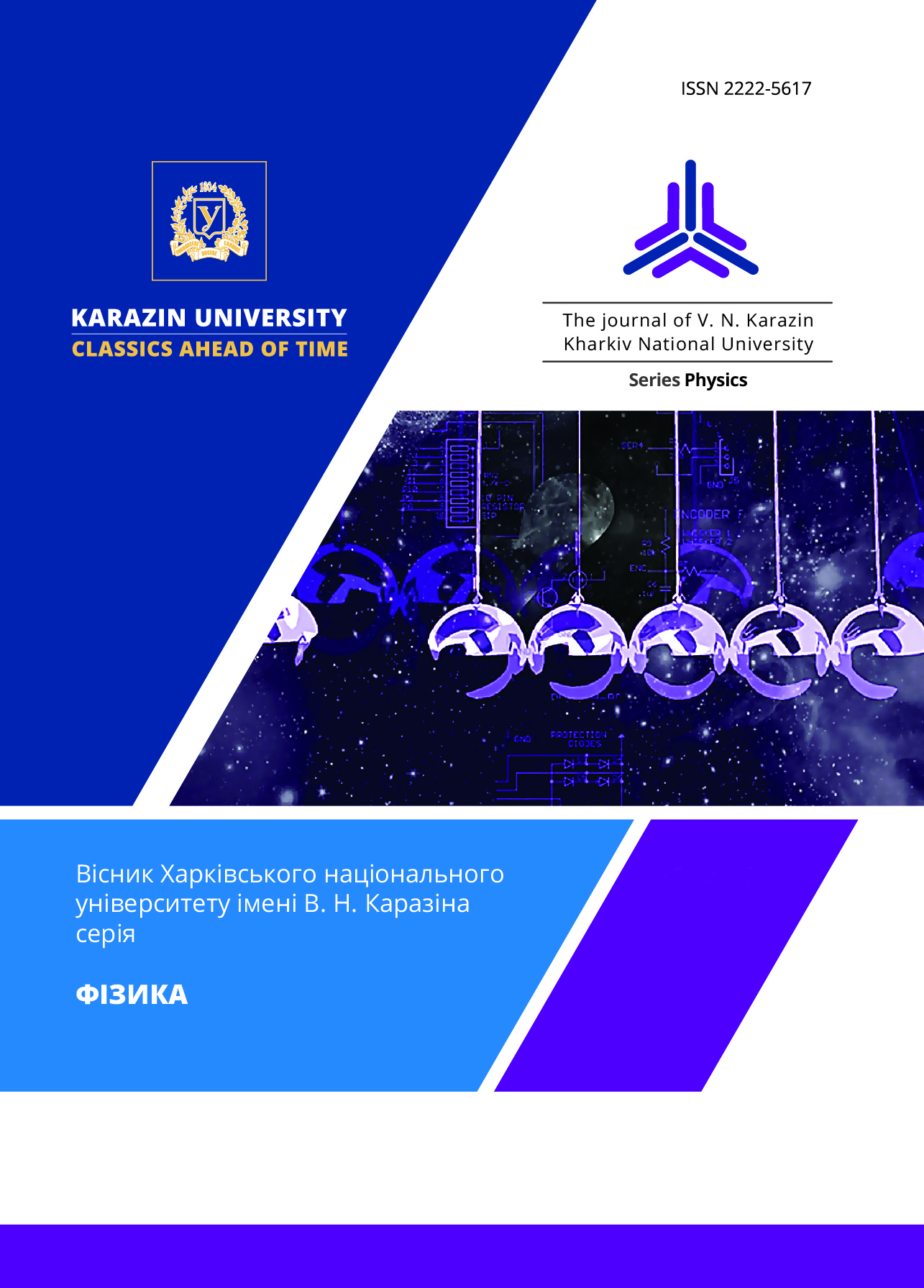PECULIARITIES OF TEACHING PHYSICS AND ASTRONOMY AT THE FACULTY OF PHYSICS IN THE CONDITIONS OF DISTANCE LEARNING
Abstract
Development of high quality teaching remotely is currently at the forefront of higher education developments. Particularly challenging is remote delivery of the teaching programs that require deep understanding of complex scientific phenomena, as well as development of practical skills and professional competencies. In this work, we discuss the experience of remote delivery of Physics degree. It is noted that different approaches are needed for different teaching elements. Based on this, we make recommendations for approaches to enhance student experience and to enable successful completion of the degree programs.
Remote defense of the diploma projects in the format of research conference (using Zoom, Skype, GoogleMeet and other video communication) showed that this stage of the educational process is successfully implemented and is almost identical to the face-to-face defense. Consultations (on training courses, research projects, diploma projects) can be conducted remotely.
When conducting written assessments of learning: tests, quizzes and examinations in the distance mode (using standard procedures such as distribution of questions and tasks), it is quite difficult to control the quality of students' performance, since there are opportunities for use various sources of information. A test system can provide a suitable substitute.
The experience of conducting lectures and practical classes in the distance mode has shown that the lecturer does not have the feedback that occurs in classroom teaching. The lecturer is unable to interact with the audience, since students hardly ask questions and during the lecture they can go about their own business rather than listen to the lecturer.
Downloads
References
Nikolai Bjurholt, Maria Vetleseter Bøe. Physics Education, 58, 1, 015004 (2023). https://doi.org/10.1088/1361-6552/ac96be
M. Chiodaroli, L. Freyhult, A. Solders, D. Tarrío, K. Pia Günter. Higher Education, (2024). https://doi.org/10.1007/s10734-023-01179-6
I. M. Ushkalenko, Y. S. Zelinska Distance form of learning in higher education institutions of Ukraine and other countries. Effective Economy, No. 4, 2018 www.economy.nayka.com.ua
Law of Ukraine ‘On Higher Education’ No. 1556-VII https://zakon.rada.gov.ua/laws/show/1556-18#Text
Standard of Higher Education of Ukraine, level: Bachelor of Physics and Astronomy.
https://mon.gov.ua/storage/app/media/vishcha-osvita/zatverdzeni%20standarty/2020/11/17/104-fizyka-ta-astronomiya-mahistr.pdf Journal of College Science Teaching
Online Learning, 21, 1, 209 (2017). https://files.eric.ed.gov/fulltext/EJ1140262.pdf
M. Bozzi, J. E. Raffaghelli, M. Zani. Educ. Sci., 11, 2, 67 (2021). https://doi.org/10.3390/educsci11020067








3.gif)
